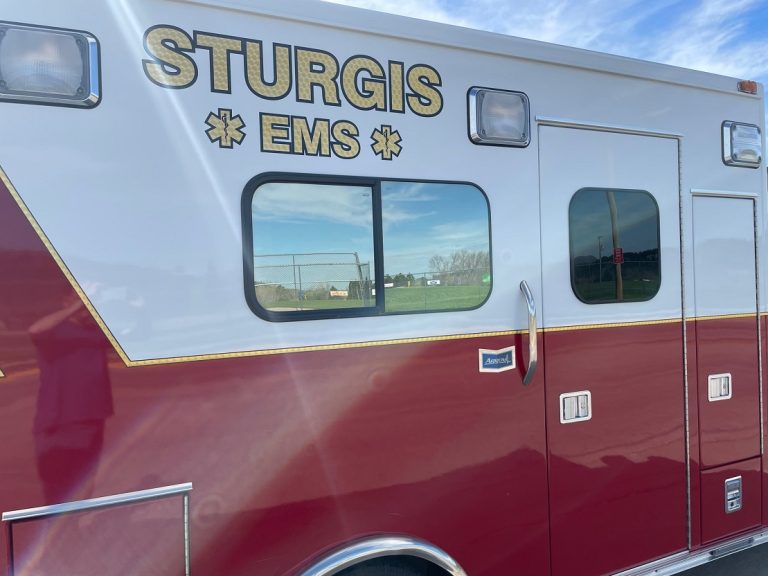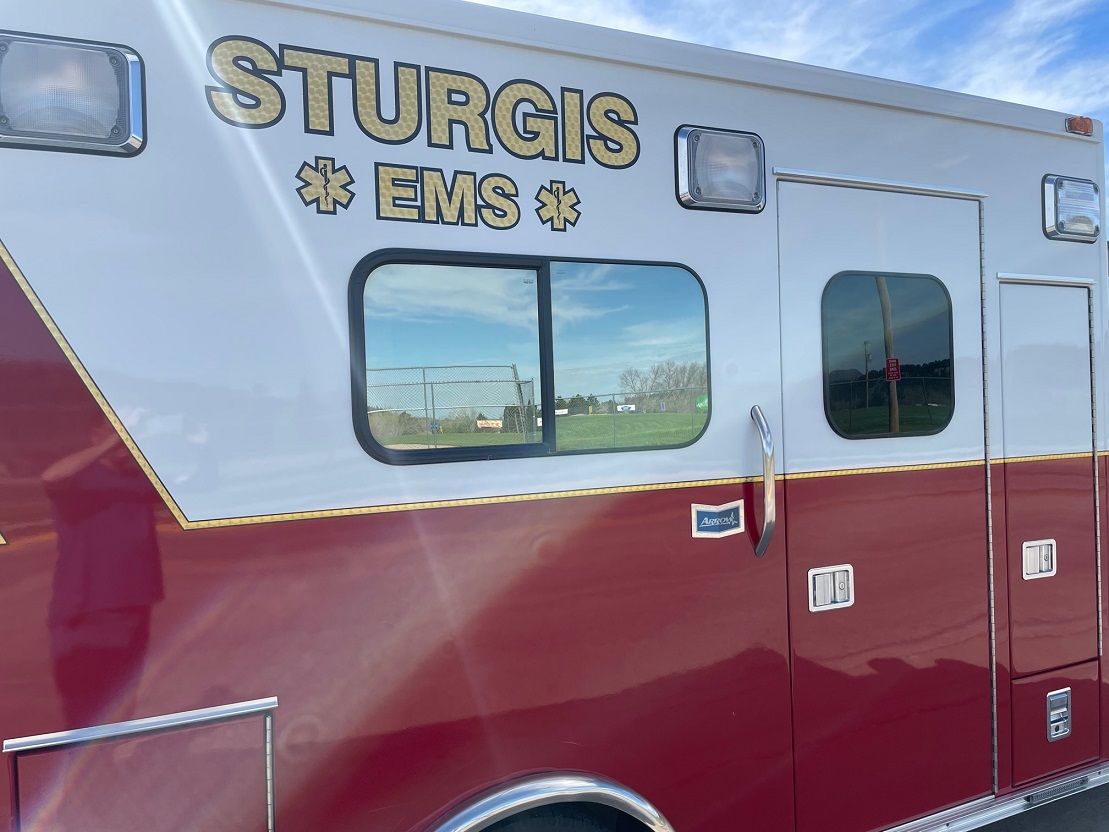RAPID CITY, S.D. – Attorney General Marty Jackley wants the public’s help to find the source of the methamphetamine that may have killed Abbey Lynn Steele.
The state Division of Criminal Investigation conducted an inquiry into Steele’s death at the request of the Pennington County Sheriff’s Office, which runs the jail where Steele’s heart stopped on Nov. 16, and the Rapid City Police Department, which employs the officer who arrested her on warrants for missed court appearances hours before she was resuscitated and transported to Monument Health.
Her family chose to disconnect her from life support based on doctors’ assessments of her chances of survival. She died several days later, on Dec. 2.
“The investigation and the review of all the cameras and statements indicated that neither the police officer nor the jail staff did anything wrong,” DCI spokesman Tony Mangan told South Dakota Searchlight.
Steele’s death certificate, filed in mid-December in Pennington County, lists methamphetamine toxicity and pneumonia as causes of death. The autopsy and investigation indicate that the drug was “likely” the reason for what the Tuesday news release described as Steele’s “medical emergency” at the jail.
“We are requesting the public’s assistance for further information on any individuals that may be responsible for providing the methamphetamine that has caused Abbey’s death,” Jackley said in a prepared statement. “I would like to further extend my sympathies to the Abbey Steele family.”
Selling methamphetamine that kills its user is a crime punishable by up to life in prison in South Dakota.
The DCI reviewed body and car cam footage from the Rapid City officer who arrested Steele, as well as footage from the Pennington County Jail. The footage has not been released.
The DCI also interviewed the officer and jail staff, and reviewed the autopsy results. In addition to methamphetamine, Steele’s blood tested positive for oxycodone, marijuana metabolite and amphetamine.
The Pennington County Sheriff’s Office released a statement on Steele’s death, noting that the cause was “accidental.”
“This is a tragedy. We grieve for the family at the loss of Abbey Steele,” said Sheriff Brian Mueller.
The law enforcement statements are unlikely to satisfy calls for justice on Steele’s behalf from members of the Native American community and other supporters, who formed a justice coalition that now meets regularly in Rapid City to advocate for changes to the ways local law enforcement interacts with Indigenous residents.
The conclusion of the DCI inquiry into Steele’s death does not bring closure for her family, either.
On Monday, her mother told South Dakota Searchlight that she does not trust the official version of events. Amy Steele said her daughter had a prescription for oxycodone because of an emergency cesarean section birth, and that Abbey had swallowed some of the pills before arriving at the jail. Law enforcement investigators told Amy Steele that they’d administered Narcan twice at the jail, she said, to counteract the overdose.
“I’m still not understanding how my daughter died,” Amy Steele said. “The doctor told me that my daughter was brain dead, and she told me that it was the oxy that killed her. Now the coroner is telling me pneumonia. So I have no closure.”
Amy Steele said she’s suspicious about her daughter’s treatment at the jail. Inmates who saw Abbey that day told Amy that Abbey “kept pushing the button for help.”
Amy Steele said the family is working with a civil rights attorney in Rapid City to determine if legal action may be warranted. The lawyer declined to be named, but confirmed that his office is investigating on behalf of the Steele family.
“I’m going to do whatever it takes to get justice for my daughter,” Amy Steele said.












